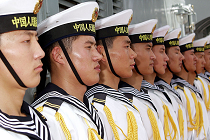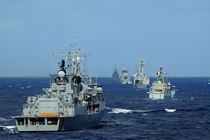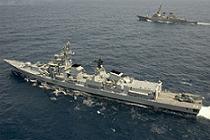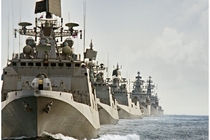The Airavat Incident: Much ado about nothing
In the context of security and sovereignty, India is involuntarily Pakistan-centric and Sino-deferential. India must deal with China with deference without degradation, firmness without confrontation, and raise the threshold of its defense posture in physical and policy measures, without upping the ante.








